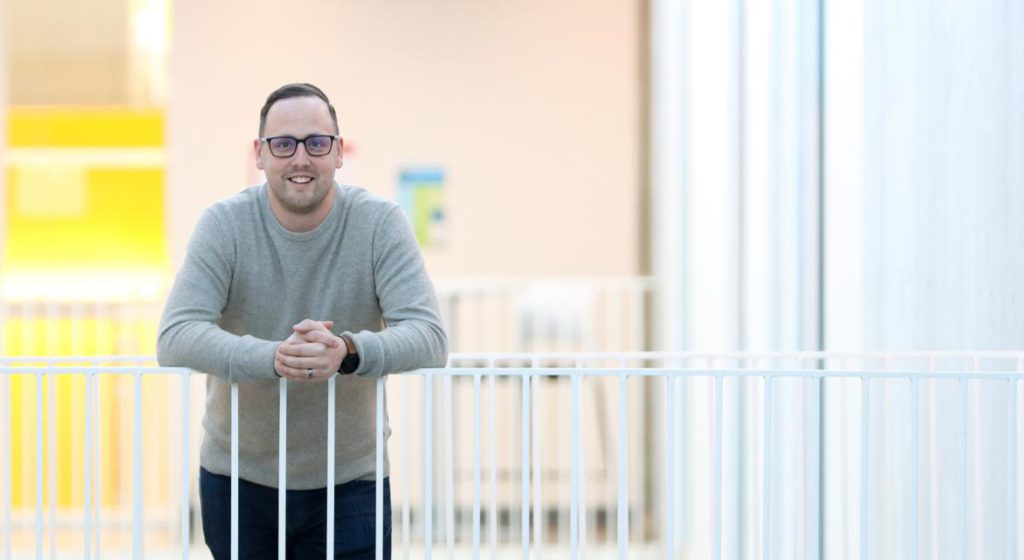
Researchers on Vancouver Island are shooting for the stars as they delve into the origin and behaviour of cancer, and a multi-million dollar donation is bolstering their efforts.
The Terry Fox Research Institute awarded $2.4 million to the Spatial Metabolome Hubble Project, which will fund three focused projects and the Spatial Metabolomics Hub in Nanaimo and Victoria, say organizers.
They’re calling it a first-of-its-kind project in Canada, with “high-end, state-of-the-art” visual imaging technologies, MSI telescopes, similar to the ones used to capture detailed pictures of space.
“No one else in Canada is applying MSI in the way we are going to and there are, maybe, only one or two groups in the world doing this,” said Dr. Julian J. Lum, a scientist at the Victoria-based Deeley Research Cancer Centre.
Lum, who also leads the Terry Fox New Frontiers Program Project, says the telescopes “will allow us to create maps of where metabolites are found and help us determine if those metabolites are changing how the immune system is trying to fight the tumour.”
The hub at Vancouver Island University (VIU) in Nanaimo and the University of Victoria (UVic) in B.C.’s capital work in tandem with each other, according to VIU in a news release.
“The hub uses advanced imaging technology to explore how cellular metabolism changes throughout different areas of tumour tissues,” reads the release.
“The aim is to understand why certain immune cells, specifically tumour-infiltrating lymphocytes, are more or less active in some parts of a tumour — a detail that is crucial to a patient’s survival.”
Director of UVic’s Genome BC Proteomics Centre Dr. David Goodlett and VIU chemistry professor Dr. Kyle Duncan are leading the hub, with the latter saying the new grant will “allow us to further develop our technology to help understand how tumours can evade our immune systems.”
Duncan explains, “There’s a lot of research and development that goes into these technology platforms. We have continuous technology development in parallel with the cancer research projects to further the capacity of our technology to answer new biological questions.”
The Fox Institute says the funding will be doled out over four years, starting July 1, 2023, until June 30, 2027, and more information about the three projects is online here.
“I am grateful to be a part of such an amazing team and look forward to the exciting research to come,” added Duncan.
READ ALSO:




